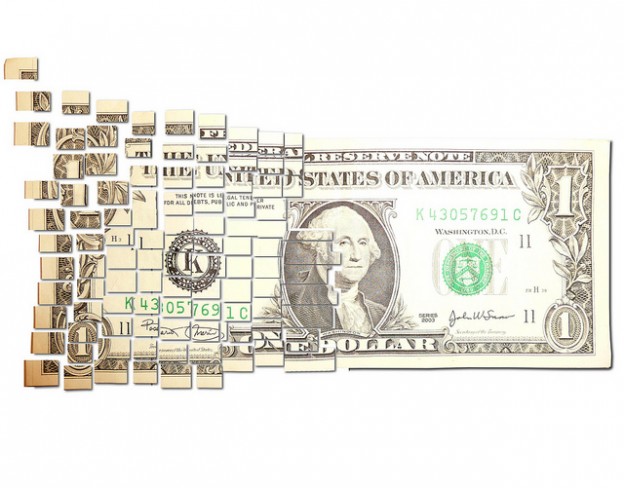5 Important Facts You Should Know About Health Savings Accounts
Concerns about medical bills were not high on your list of priorities in the past. Owning to a few issues that loved ones recent experienced, you are beginning to think it’s time to review what you have in place and decide if any additional preparation is needed. That’s where the idea of a health savings account comes into the picture. Here are a few key facts you need to know about this financial resource.

photo by photoSteve101 via Flickr
What is It?
A health savings account or HSA is a special financial account that allows you to make contributions during the calendar year and withdraw funds for any health care needs currently considered allowable under provincial and national laws. Launched in 2003, the rationale behind
HSA accounts is to create a resource that people with high-deductible health care plans can use when that plan does not cover an allowable medical procedure or need, and to help cover any deductibles or co-pays included in the health care plan.
Do I Have to Be Employed to Participate?
No. Just as it’s possible to secure individual health insurance if you are not covered through a policy at work, there is a good chance that you qualify for establishing a health savings account if you are not currently employed. The key is whether or not you currently participate in a health insurance plan that comes with high deductibles and not your employment status.
What if I Have Health Insurance With Low Deductibles?
Since the concept of the health savings plan was to create a resource for those getting by with high-deductible insurance coverage, people who have individual or group health insurance with low deductibles and few co-pays would not be able to establish this type of savings plans. There are other medical savings plans that you can look into if you want to build a nest egg that helps you with the deductibles on a low-deductible plan.
What Sort of Medical Expenses Can Be Covered with HSA Funds?
Under current laws, the funds can be used to offset out of pocket expenses related to a number of medical needs. You can use the funds to cover routine doctor visits, tests ordered by your primary care physician or a specialist, and any special medical equipment needed due to a disability. You will also be able to use the funds to offset expenses associated with hospital stays or to take care of your co-pays for prescription medications.
What Happens to the Money at the End of the Year?
Any balance in your health savings account remaining at the end of the year remains in place and can be used in the years ahead. This allows you to accumulate a larger balance over time and be prepared for medical expenses that may arise in the future.
If the idea of establishing a health savings account appeals to you, talk with a financial professional today. It won’t take long to determine if you qualify, set goals for contributions, and begin to enjoy the peace of mind that comes with knowing you have funds set aside if they are needed.
Benecaid Health Benefit Solutions Inc
185 The West Mall #80
Etobicoke
ON
M9C 5L5
Canada
877-797-7448
Author: Anwar Hossain














